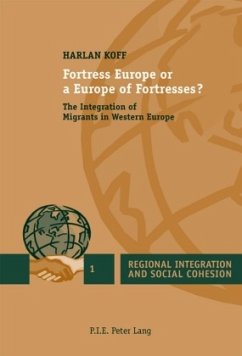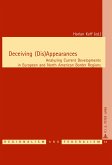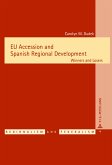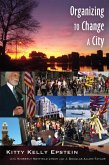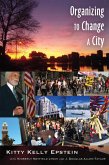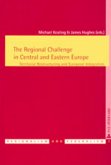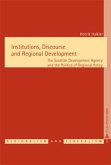The integration of non-EU migrants is one of the most salient issues in contemporary European politics and social scientists have dedicated significant attention to this question. Even though this field is generally characterized by its richness, its weakness has been its focus on specific aspects of immigration, such as political participation, immigrant entrepreneurship, models of citizenship, etc. This book addresses migrant integration in its complexity. First, it compares and analyzes local integration regimes because levels and modes of integration vary throughout Europe, all the way to the sub-national level. Second, the book discusses integration issues in various arenas, including political party systems, welfare regimes, social movements, civil society, economic sectors, housing, urban planning, and crime. In doing so, the study addresses the relationships between integration in various spheres, thus embracing the complexity of integration processes. Finally, the book attempts to explain the links between political, economic and social integration through interdisciplinary analysis based on power, class and status.
Bitte wählen Sie Ihr Anliegen aus.
Rechnungen
Retourenschein anfordern
Bestellstatus
Storno

